US Pulls Non-Emergency Personnel from South Sudan Amid Escalating Tensions
- by Sharon Medley , RNG247
- about 9 months ago
- 142 views
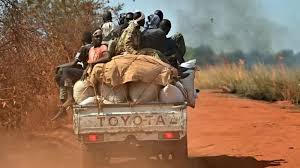
In a significant move reflecting the deteriorating situation in South Sudan, the United States has ordered all non-emergency staff to evacuate the country. This decision comes as the nation grapples with rising tensions and renewed violence that threaten the fragile peace established by a 2018 agreement between President Salva Kiir and Vice-President Riek Machar.
Over the past few days, intense fighting involving various political and ethnic factions has escalated, raising concerns that the hard-won peace could unravel. The US State Department highlighted the dangerous conditions in South Sudan, stating, “Weapons are readily available to the population,” amidst ongoing clashes that risk reigniting a bloody conflict.
In an official notice issued on March 8, 2025, the US government mandated the departure of non-emergency personnel, citing security risks and the volatile environment in the country.
The United Nations Human Rights Commission for South Sudan has expressed alarm over what it describes as an "alarming regression" in the nation, warning that the progress made toward stability is under serious threat.
In an attempt to quell the unrest, President Kiir has called for calm and assured citizens that the country would not relapse into war. However, the situation continues to deteriorate. On Friday, a UN helicopter conducting evacuations for the national army was fired upon, resulting in the deaths of several individuals, including a crew member—a harrowing incident that underscores the escalating dangers faced by international forces in the region.
Earlier this week, the arrest of key officials allied with Machar, including the deputy chief of the army and two ministers, by security forces has further intensified concerns. Opposition spokespeople decried these arrests as a "grave violation" of the peace agreement, highlighting the volatile dynamics at play.
The ongoing clashes in Upper Nile State, involving government forces and the White Army militia—historically allied with Machar during the civil war—illustrate the fragility of the current peace. South Sudan, which became the world’s newest nation after gaining independence from Sudan in 2011, has been mired in conflict since 2013, only two years post-independence, when deep-seated divisions between Kiir and Machar led to a devastating civil war that claimed over 400,000 lives.
While the 2018 power-sharing deal between the two leaders effectively halted large-scale fighting, critical aspects of the agreement remain unfulfilled, including the establishment of a new constitution, the holding of elections, and the integration of armed factions into a unified military force.
Sporadic violence persists throughout the country, as ethnic and local group confrontations continue to boil over, leaving the South Sudanese populace in a state of uncertainty and fear.



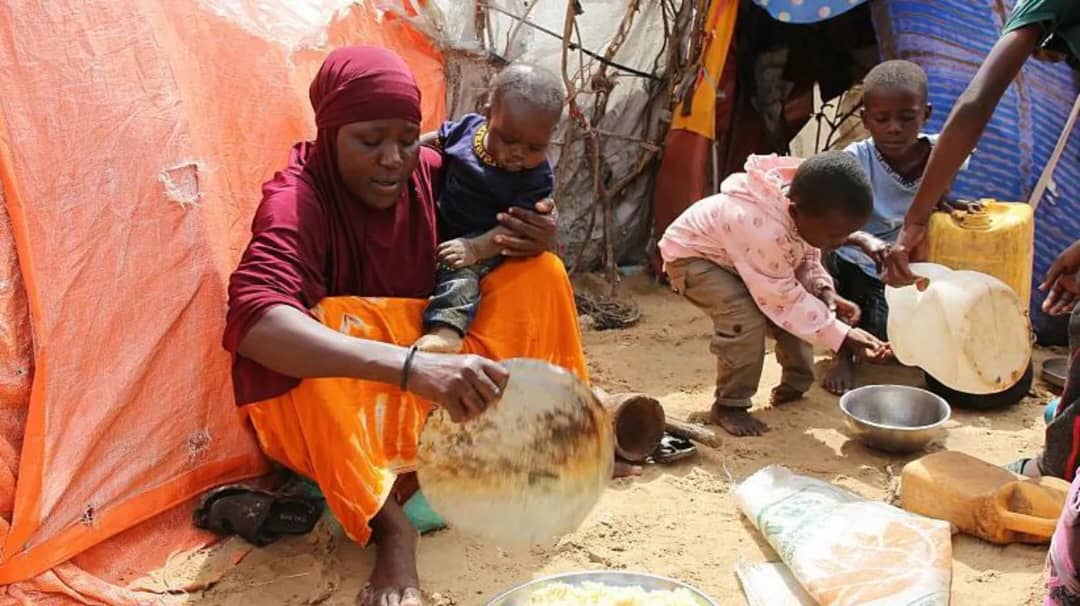

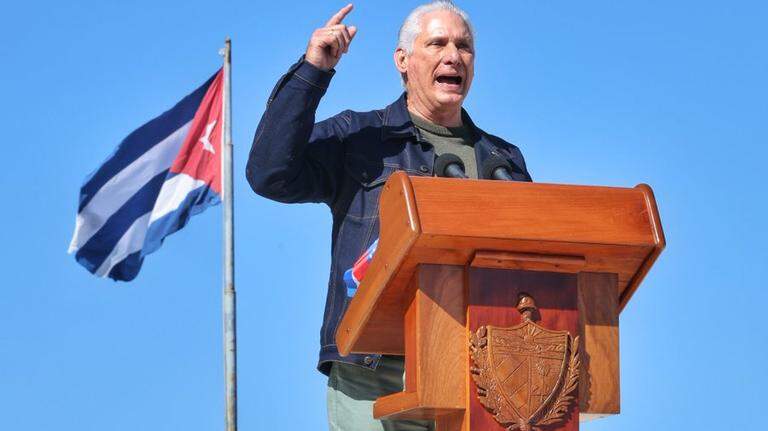
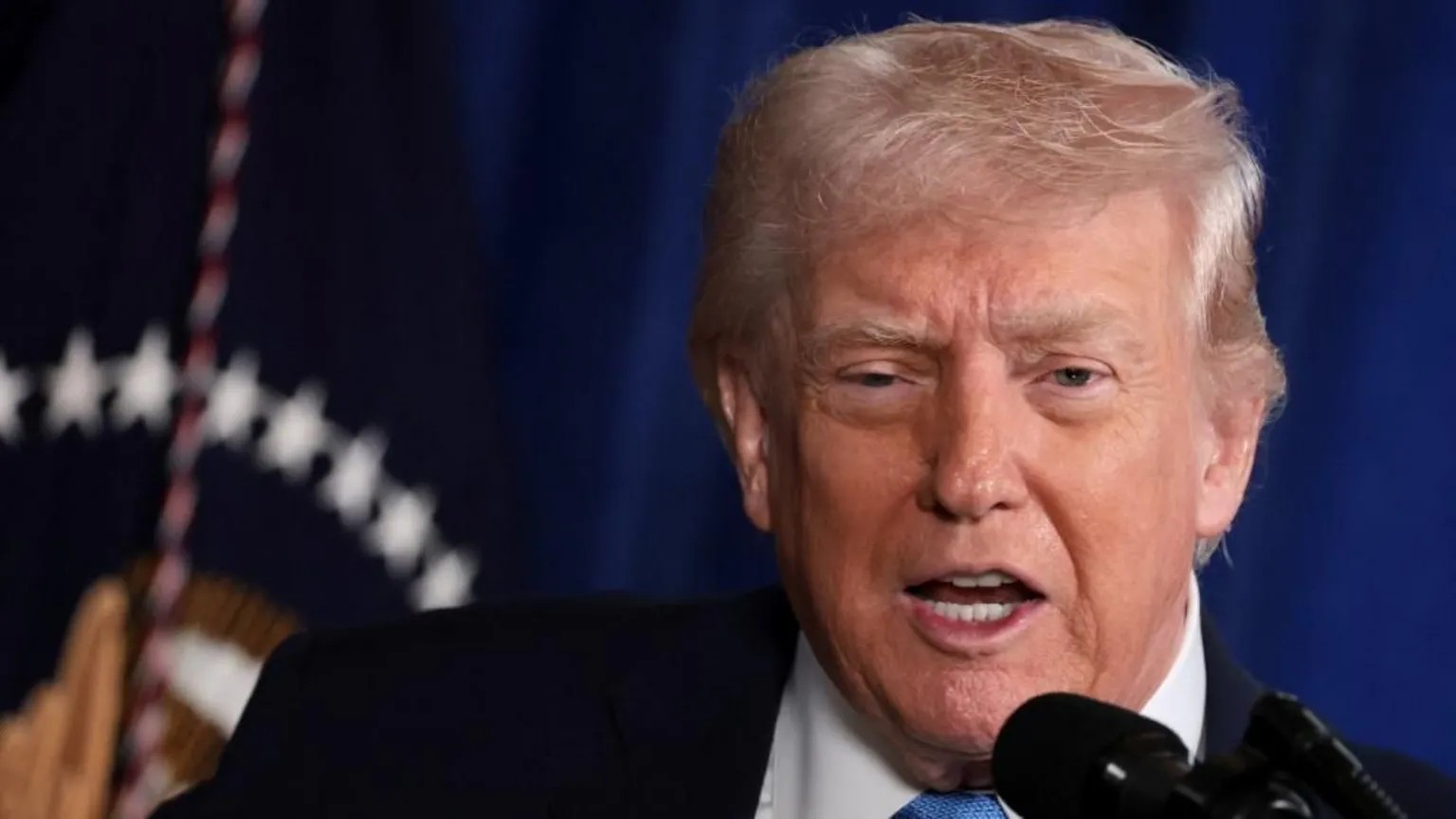

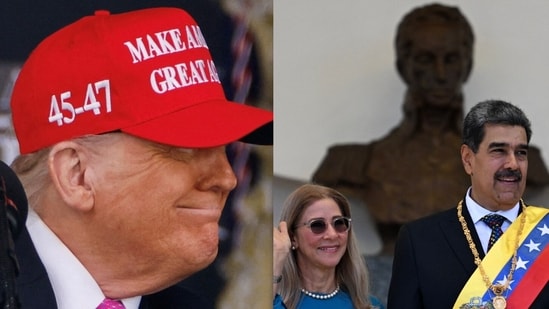
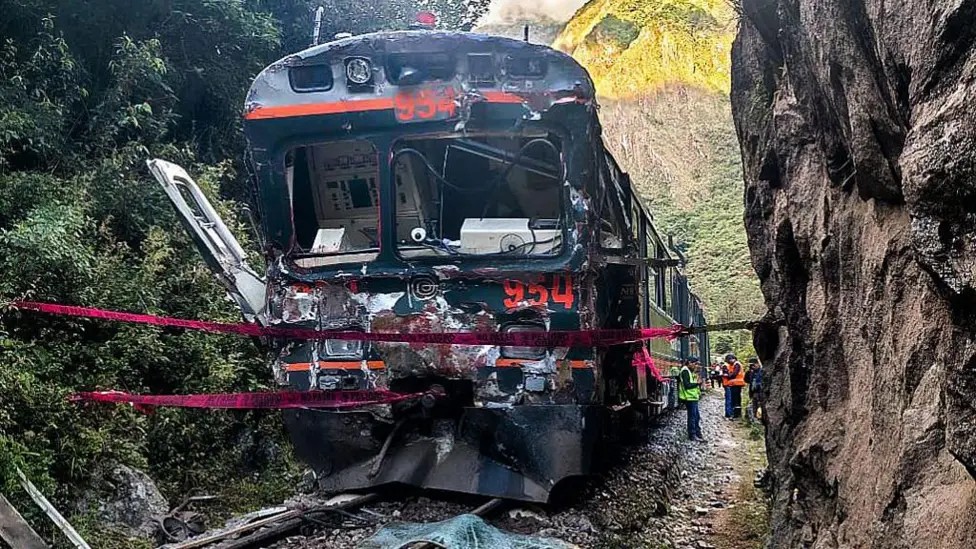



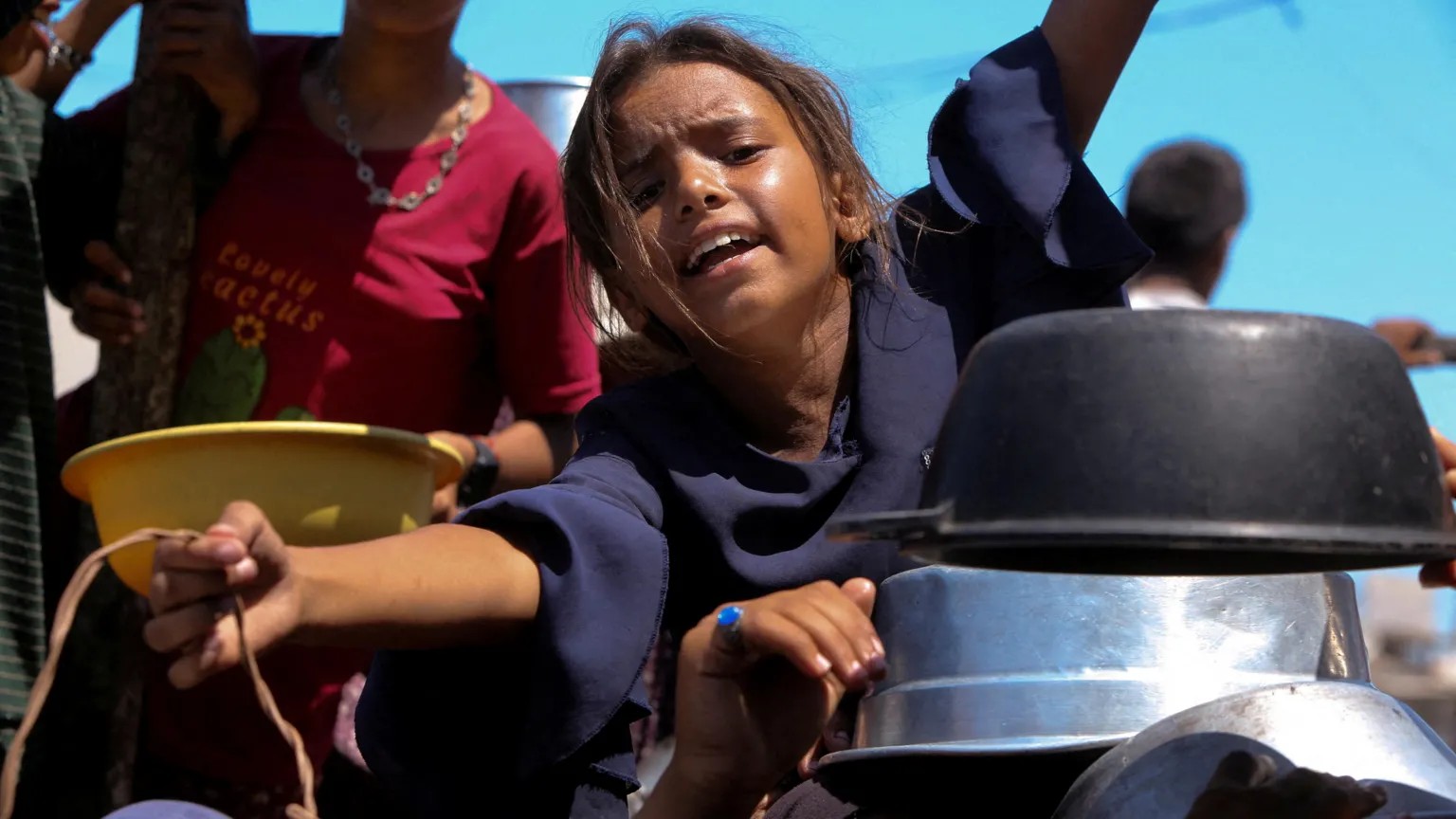
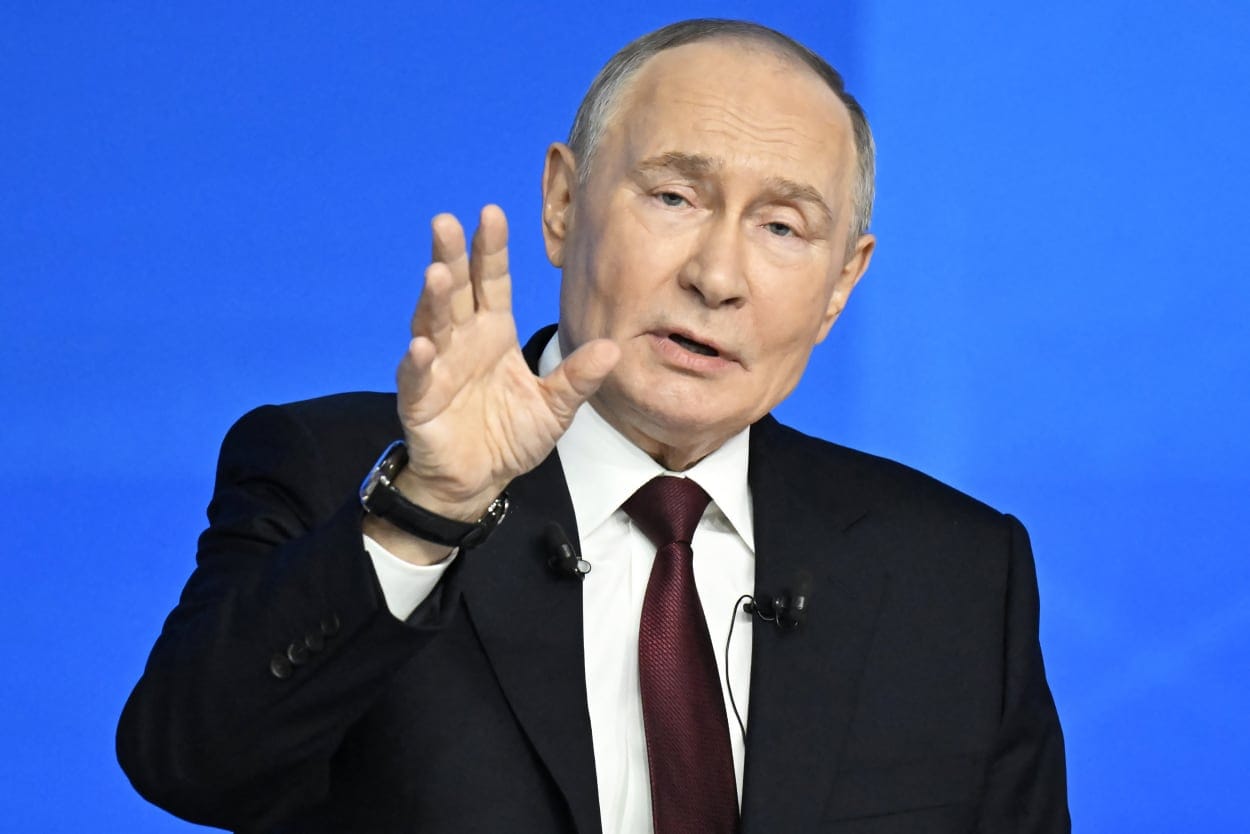

0 Comment(s)